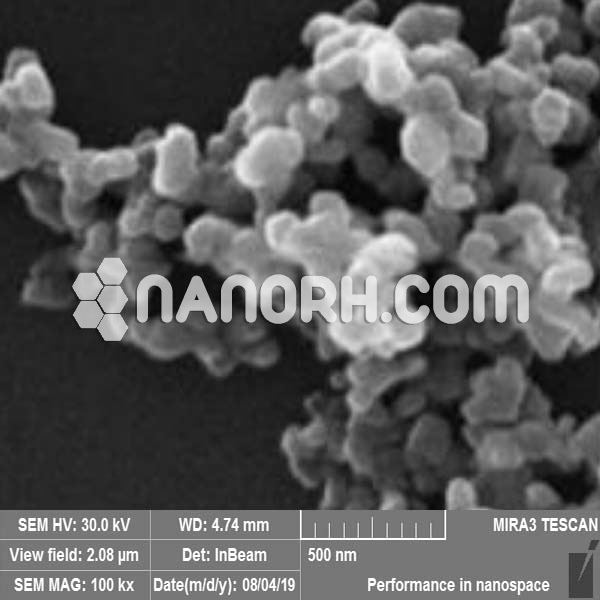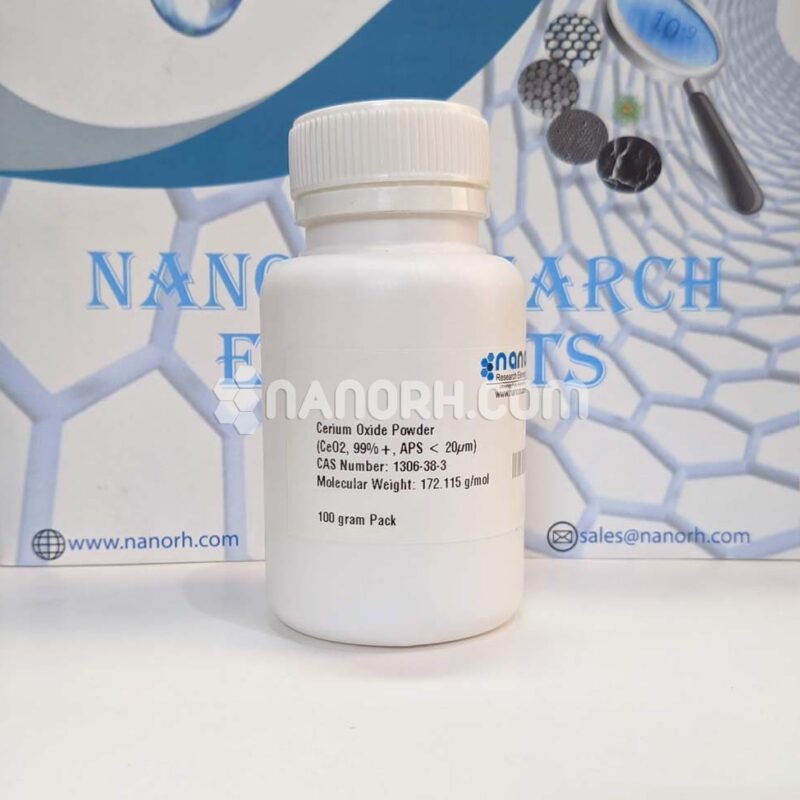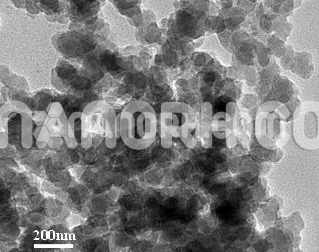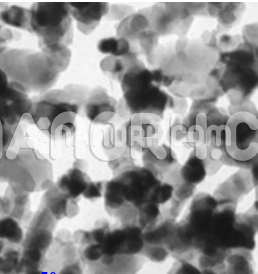| Niobium Nanopowder / Nanoparticles | |
| Product No | NRE-1028 |
| CAS No. | 7440-03-1 |
| Formula | Nb |
| APS | <500nm (Can be Customized) |
| Purity | 99.9% |
| Color | Black |
| Molecular Weight | 92.9 g/mol |
| Density | 8.57 g/cm³ |
| Melting Point | 2477 °C |
| Boiling Point | 4744 °C |
Niobium Nanopowder / Nanoparticles Applications
Niobium nanoparticles, like other nanomaterials, have unique properties and find various applications across different fields. Niobium is a transition metal known for its excellent corrosion resistance, high melting point, and superconducting properties, and when used in nanoparticle form, it can exhibit even more remarkable characteristics. Here are some potential applications of niobium nanoparticles:
Superconductors: Niobium is a well-known superconducting material, and niobium nanoparticles can be used to create high-performance superconductors. These superconductors are essential in applications such as MRI machines, particle accelerators, and in the development of advanced quantum computing systems.
Catalysis: Niobium nanoparticles can serve as efficient catalysts in various chemical reactions. They can enhance reaction rates and selectivity in processes like hydrogenation, dehydrogenation, and various organic transformations.
Electronics: Niobium nanoparticles can be integrated into electronic devices and circuits. They are used in the production of high-capacity capacitors, which are crucial components in electronics for energy storage and signal filtering.
Biomedical Applications: Niobium nanoparticles may have potential applications in medicine. They can be used in drug delivery systems, diagnostics, and even as contrast agents in medical imaging techniques.
Corrosion Resistance: Due to its exceptional corrosion resistance, niobium nanoparticles can be used to create protective coatings for materials that need to withstand harsh environmental conditions, such as in aerospace and automotive applications.
Energy Storage: Niobium nanoparticles can be incorporated into advanced energy storage technologies, such as lithium-ion batteries, to improve their performance and energy density.
Nanocomposites: Niobium nanoparticles can be added to various polymers, metals, and ceramics to enhance their mechanical, thermal, and electrical properties. These nanocomposites find applications in aerospace, automotive, and structural materials.
Sensor Technology: Niobium nanoparticles can be used in sensors for their enhanced sensitivity. For example, they can be employed in gas sensors for detecting harmful gases or as part of biosensors for detecting specific biomolecules.
Catalytic Converters: In the automotive industry, niobium nanoparticles can be used in catalytic converters to improve the efficiency of exhaust gas treatment, reducing harmful emissions.
Coatings and Thin Films: Niobium nanoparticles can be utilized to create high-performance coatings and thin films for various applications, including optics, aerospace, and electronics.




